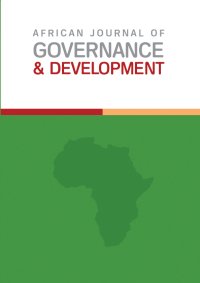Economic Inequality and Mobile Money Usage in Mozambique
Main Article Content
Abstract
The paper examines the impact of economic inequality on the Mobile Money services
usage in Mozambique based on 2017 population census and 2020 household survey data.
The study revealed two main findings. Firstly, it explores the influence of economic
inequality on Mobile Money usage across 155 districts. Employing quantile regression
analysis, the study shows that economic inequality, as measured by the Gini of the average
asset ownership index and access to basic services, significantly affects the use of Mobile
Money services. Higher levels of inequality are linked to reduced usage of Mobile Money
services, with a 1% increase in the Gini index of the average asset ownership index
corresponding to a 1.73% decrease in the district's Mobile Money usage rate. Secondly, at the individual level, the study employs probit and linear probability models to analyse the determinants of Mobile Money usage. The results indicate that factors such as asset ownership, access to basic services, gender, and residential location play significant roles in explaining the probability of individuals using Mobile Money services. The policy implications of the findings emphasize the need to addressing inequality beyond the financial sector to achieve successful financial inclusion efforts.
Article Details

This work is licensed under a Creative Commons Attribution-NonCommercial-NoDerivatives 4.0 International License.
